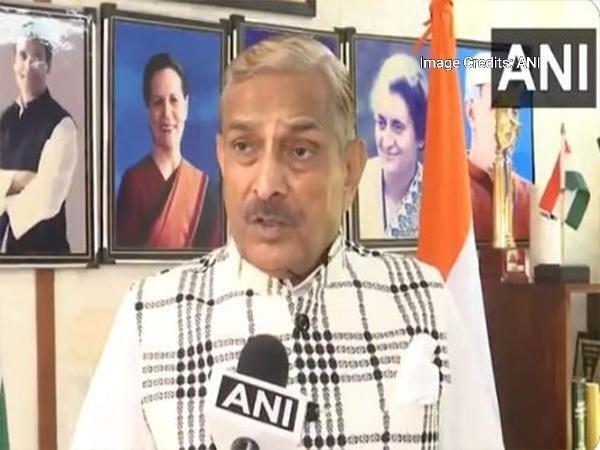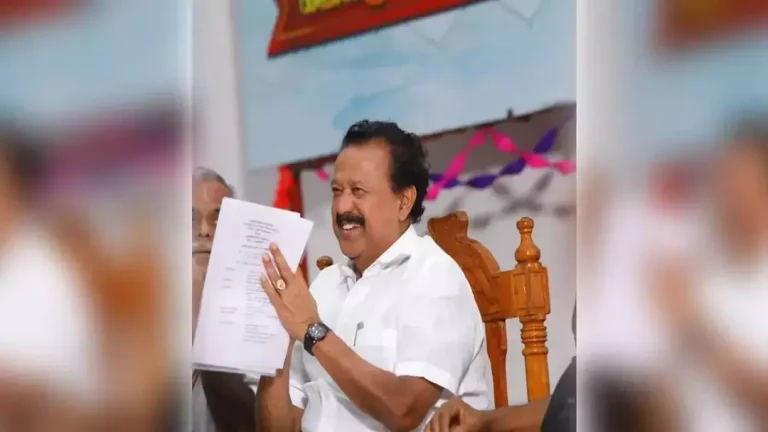
Congress Corrupt & Forgotten Children of Britishers: Ranaut
Kangana Ranaut, the BJP MP from Mandi, has once again stirred up controversy with her bold remarks about the Congress party. In a recent visit to Sundernagar assembly segment of her constituency, Ranaut labelled the Congress as “corrupt and forgotten children of Britishers”. This statement has sparked heated debates and raised eyebrows among political analysts and critics.
Ranaut’s assertion that the Congress is corrupt is not new. Many have argued that the party’s history is marred by allegations of corruption, nepotism, and cronyism. However, her implication that the Congress is a legacy of British colonialism is a new and provocative twist. According to Ranaut, the country was plagued by corruption before 2014, but Prime Minister Narendra Modi’s bold decisions and impeccable integrity changed that perception.
It is worth noting that Ranaut’s remarks are not without precedent. Many BJP leaders and supporters have made similar claims about the Congress, portraying it as a party that is out of touch with the common man and more concerned with lining its own pockets than serving the people. Ranaut’s statement is likely intended to galvanize support among BJP voters and paint the Congress as a relic of the past.
However, critics have argued that Ranaut’s remarks are nothing more than a desperate attempt to distract from the BJP’s own corruption scandals and governance failures. They point out that the Modi government’s track record on corruption is far from spotless, with numerous cases of corruption and cronyism coming to light during its tenure.
Furthermore, Ranaut’s claim that the Congress is a legacy of British colonialism is a stretch. While it is true that the Congress was founded during the British Raj and played a significant role in India’s struggle for independence, it is not accurate to say that the party is directly descended from the British colonial powers. The Congress has undergone significant transformations over the years, and its leadership and ideology have shifted significantly in response to changing times and circumstances.
Moreover, Ranaut’s implication that the Congress is somehow less Indian or less patriotic because of its historical connections to the British is a dangerous and divisive rhetoric. It ignores the fact that many Indian leaders and political parties have been influenced by British ideas and institutions, and that the country’s political and social landscape has been shaped by its colonial past.
Ranaut’s statement has also been criticized for its tone and language. Many have argued that her use of the term “forgotten children of Britishers” is derogatory and divisive, and that it perpetuates a toxic and nationalistic rhetoric that is harmful to the country’s social fabric.
In conclusion, Kangana Ranaut’s statement about the Congress being “corrupt and forgotten children of Britishers” is a provocative and controversial remark that has sparked heated debates and raised important questions about the nature of Indian politics and society. While Ranaut’s intention may be to galvanize support among BJP voters and portray the Congress as a relic of the past, her remarks have been widely criticized for their tone, language, and historical inaccuracies.
Ultimately, Ranaut’s statement is a reminder of the importance of nuance and historical context in political discourse. It is crucial that we approach complex issues with sensitivity and respect, and avoid simplistic and divisive rhetoric that can exacerbate social and political divisions.
Source: https://theprint.in/india/congress-forgotten-children-of-britishers-kangana-ranaut/2584416/





